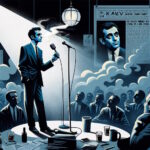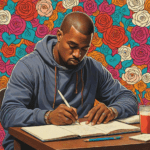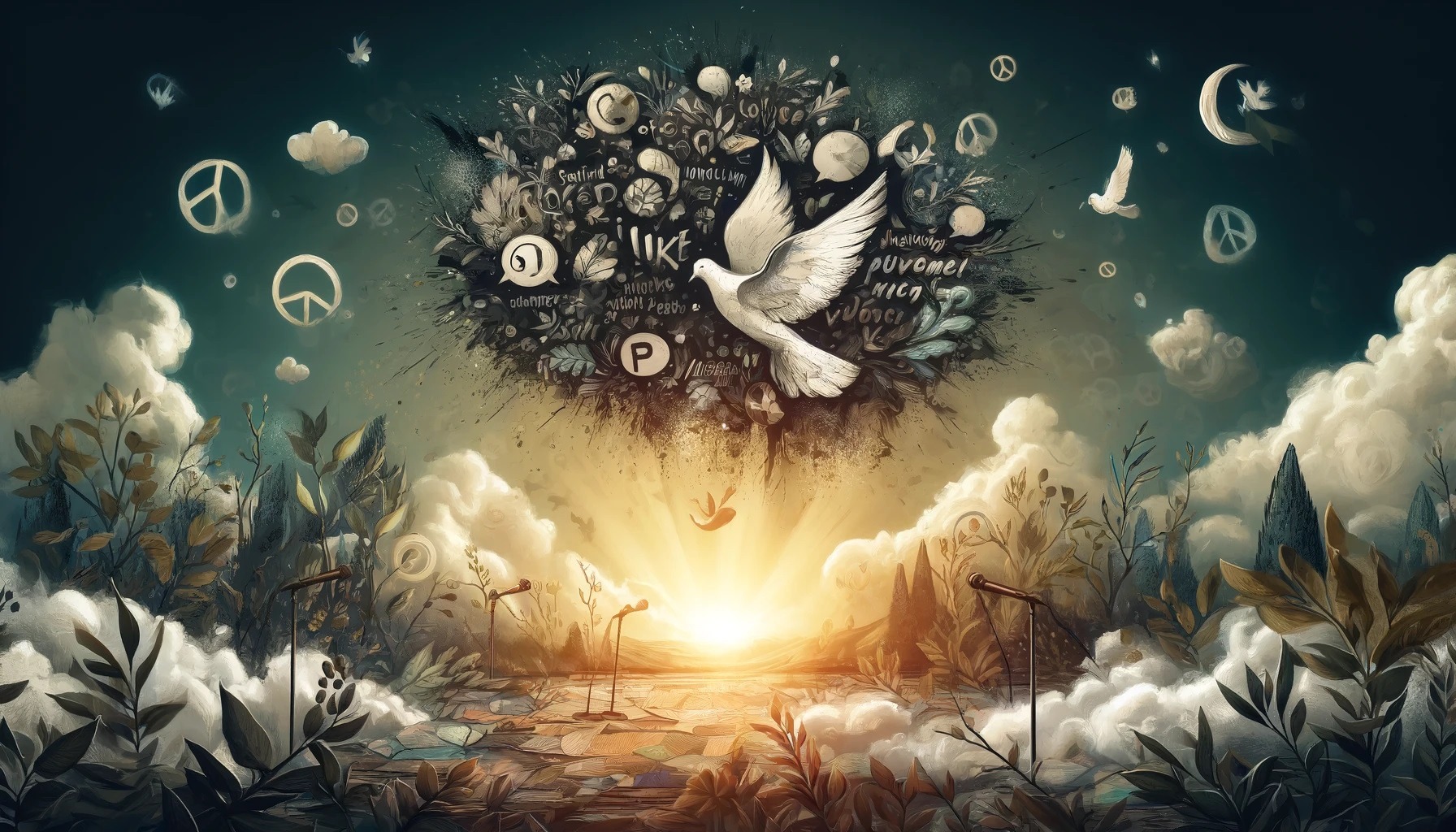The Power of Spoken Word: Unleashing a Revolution in Violence Prevention
When it comes to addressing violence, we often look to traditional means like policing and law enforcement. But what if there was another tool at our disposal? One that could bring about significant change and help us tackle this complex issue head-on? That’s where spoken word comes in.
Spoken word is a powerful form of artistic expression that combines poetry, music, and performance to create a dynamic and engaging experience. It has the ability to capture people’s attention, provoke thought, and inspire action. By harnessing this power, we can effectively tackle violence in our communities.
Through spoken word, individuals have the opportunity to share their stories, perspectives, and experiences. This personal connection creates a deeper understanding of complex issues like violence and how it impacts us all. By hearing from those who have been affected directly, we gain a greater sense of empathy and compassion, which is crucial in addressing this problem.
Furthermore, spoken word can also serve as a form of activism. Through their performances, artists can raise awareness about social justice issues, challenge existing power structures, and mobilize communities to take action. By using the platform to advocate for change, they are actively contributing to efforts to address violence in our society.
Spoken word is not just limited to traditional performance spaces like concerts or festivals. It can also be used to engage with various community settings and events, such as educational institutions, libraries, and local gatherings. This allows artists to reach a wider audience and foster dialogue around important topics like violence prevention.
Overall, spoken word is a powerful tool for addressing violence in our society. By harnessing the transformative power of this art form, we can create positive change and inspire action towards a more peaceful future.
In addition to its transformative power, spoken word also holds immense potential as a tool for social justice advocacy. Through their performances, artists can raise awareness about important issues such as police brutality and mass incarceration, inspire action, and mobilize communities to take collective action towards creating positive change.
Spoken word has played a vital role in the Black Lives Matter movement, with artists like Kendrick Lamar, Common, and J. Cole using their platform to speak out against police brutality and systemic racism. Their performances have had a significant impact on the public conversation around these issues, raising awareness and inspiring collective action towards creating positive change.
Furthermore, spoken word has also been used as a powerful tool for indigenous communities to reclaim their narratives and history. Artists like Buffy Sainte-Marie have used their platform to highlight the struggles faced by First Nations people in Canada, inspiring collective action towards creating positive change.
Spoken word also holds immense potential as a tool for environmental activism. Artists like Billie Eilish and Greta Thunberg have used their platform to speak out against climate change and promote sustainability practices, inspiring collective action towards creating positive change.
In conclusion, the power of spoken word lies not only in its transformative potential but also in its ability to serve as a tool for social justice advocacy, raising awareness about important issues and inspiring collective action towards creating positive change.
Spoken word has long been a powerful tool for addressing social issues and advocating for change. Its ability to capture audiences through emotive performances, vivid imagery, and impactful narratives makes it an ideal medium for addressing violence. Here are some examples of how spoken word has been used to address violence:
- “Harlem Shuffle” by Saul Williams: This poem explores the violence and trauma experienced by people of color in the US, particularly during times of racial unrest. Through vivid imagery and emotive language, it addresses police brutality, gun violence, and systemic racism.
- “Hate That Hate Produced” by Sarah Kay: This spoken word performance explores the theme of hate and how it can lead to violence. Drawing on her personal experience, Kay crafts a powerful narrative that resonates with audiences, encouraging them to reflect on their own biases and prejudices.
- “The Warrior’s Code” by Kailash Satyarthi: This spoken word performance highlights the issue of child abuse and exploitation in India, using poetic imagery to convey the brutality of this form of violence against children. It serves as a call-to-action for listeners to take action towards addressing this problem.
- “Dear Mama” by Tupac Shakur: This poem is a heartfelt tribute to the mothers and women who have experienced violence, poverty, and hardship in their lives. Through vivid imagery and emotive language, it addresses these issues while also offering hope and encouragement for a better future.
- “Slam” by Taylor Mali: This spoken word performance takes on the issue of education funding, highlighting how underfunded schools can lead to violence in educational institutions. It uses powerful imagery and metaphors to convey this message, encouraging listeners to take action towards addressing this problem.
By employing spoken word as a medium for advocating against violence, artists and activists have been able to create lasting impact on their audiences. By crafting narratives that resonate deeply with people’s experiences, they are able to inspire collective action towards creating positive change in society.
Words have immense power, especially when they are used to convey emotions and ideas. Spoken words have a unique ability to convey deep sentiments and evoke strong reactions in listeners. As such, spoken word performances can be an effective tool for addressing violence and promoting peaceful coexistence. By using powerful poetry or stories, these events can spark introspection, create empathy, and inspire positive change within individuals and society as a whole. Spoken words have the potential to transform communities and foster greater understanding between people from different backgrounds.










